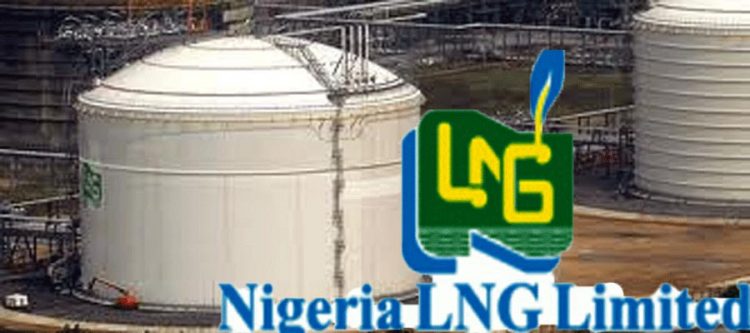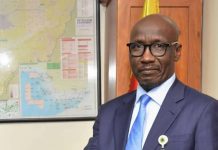Though it took 12 years to come to fruition, the FID has no doubt set the country on a developmental progression going by the benefits to be derived therefrom. It is also noteworthy that the FID became a reality within a short period Mele Kyari, Group Managing Director, NNPC assumed office.
Significance of Train 7
Train 7 represents a lot of positive things for Nigeria. Apart from its pivotal support to the country’s aspiration to diversify its revenue base, the project is expected to generate more revenue from harnessing the economic value of over 202 trillion standard cubic feet (TCF) of the country’s proven gas reserves.
When completed, the project will boost the Nigeria LNG production capacity by about 35 per cent, and ensure Nigeria remains the 5th LNG exporter in the world. For the Nigerian oil and gas industry, the project will be guaranteed gas supply in the upstream sector as new development opportunities will be opened up. With over $10 billion to be invested, the project will also boost prospects of the much desired foreign direct investment (FDI) in the country. The Nigeria LNG has, so far, converted about 119 billion standard cubic metres, or 4.2 trillion cubic feet of associated gas to exports as LNG and NGLs, helping to cut gas ûaring by upstream companies from over 60 per cent to below 25 per cent. The construction period after FID will last approximately five years with the first LNG rundown expected in 2024. In terms of monetisation, Train 7 project will signiûcantly raise the Nigeria LNG contributions to Nigeria’s income from the over $13 billion paid out as dividends in the last 13 years, and over $18 billion paid out on gas purchases from oil-producing companies. It will also increase Nigeria’s overall earnings of over 70 per cent from Nigeria LNG, comprising 49 per cent dividend, 30 per cent company income tax, and other taxes and levies.
This was further confirmed by the Group Managing Director of NNPC, Mele Kyari, who stated that the FID marks a great day for Nigeria as all the partners in the project have resolved to proceed with a project that will ultimately deliver at least $20 billion of net revenue per annum for the federation and create at least 12,000 direct and 40,000 indirect jobs to Nigerians. “The significance of the FID is that there is renewed confidence by international investors, particularly the partners in the project, which have been in the country for long, to still agree to bring money back into this economy to move Nigeria and our relationship forward.
“It is a show of confidence in the strength of the Nigerian economy and the capacity of President Muhammadu Buhari to bring value to the country’s economy and create the environment to attract more foreign investment.
“Despite all the challenges, we are able to come together to make the decision to invest in this project. We are very proud to be Nigerian today. We know that this is delayed. But we are confident that it will work. Mr President’s directive is that we should take it to Train 12. “We are all committed to doing everything to take the next steps so that we can make further progress to realize Trains 8, 9, 10, 11 up to 12 as soon as possible. There is opportunity for this. There is a will to go ahead with this,” Mr Kyari said.
Corroborating the position of the NNPC boss, the Managing Director/CEO of NLNG, Tony Attah, said, “Train 7 is the crux of a growth agenda, which will ensure the Company’s position as the 5th major supplier of global LNG is maintained, increasing value to its shareholders and other stakeholders, as well as further reducing the gas that would otherwise have been flared, in fulfillment of its vision of ‘being a global company, helping to build a better Nigeria.
“The Project will also support the development of local engineering and fabrication capacity in the country. Other opportunities for local content include procurement, logistics, equipment leasing, insurance, hotels, office supplies, aviation, haulage, and many more,” Attah added. With the actualisation of Train 7, it is expected that Nigeria’s gas policy will be implemented appropriately. The policy intends to provide a clear market structure, promote investments in both upstream gas production and increased downstream gas processing and consumption through the use of Liquefied Petroleum gas (LPG), Natural Gas Liquids (NGL) and Compressed Natural Gas (CNG) for both industrial and domestic use. Upon completion, the NLNG Train 7 will support Nigeria’s drive to diversify its revenue portfolio and generate more revenue from its proven gas reserves of about 200 Trillion Cubic Feet (Tcf).







